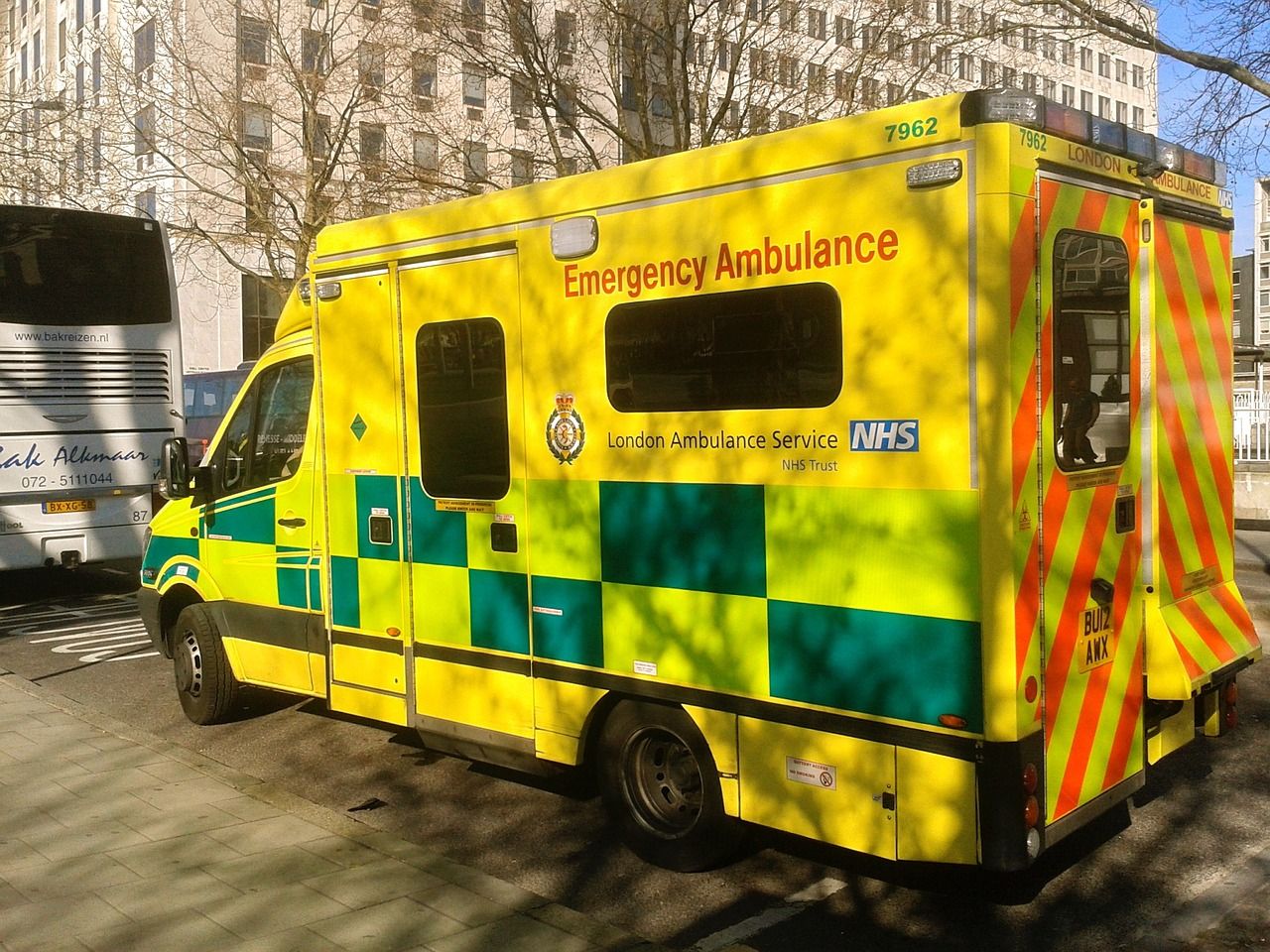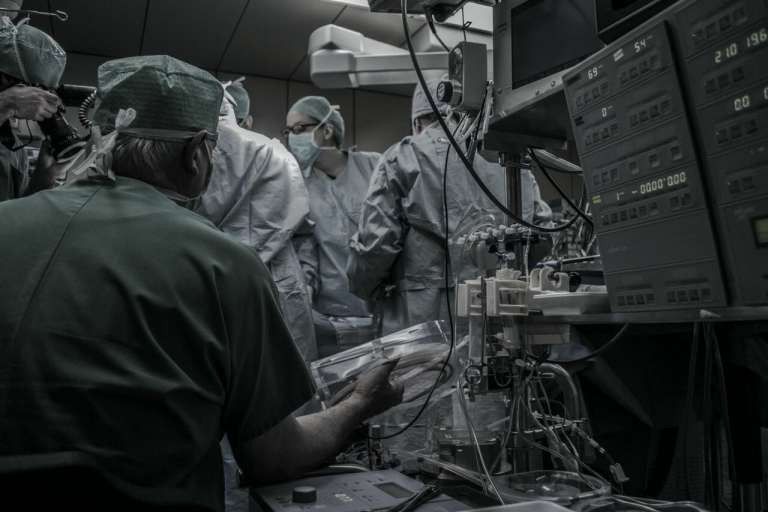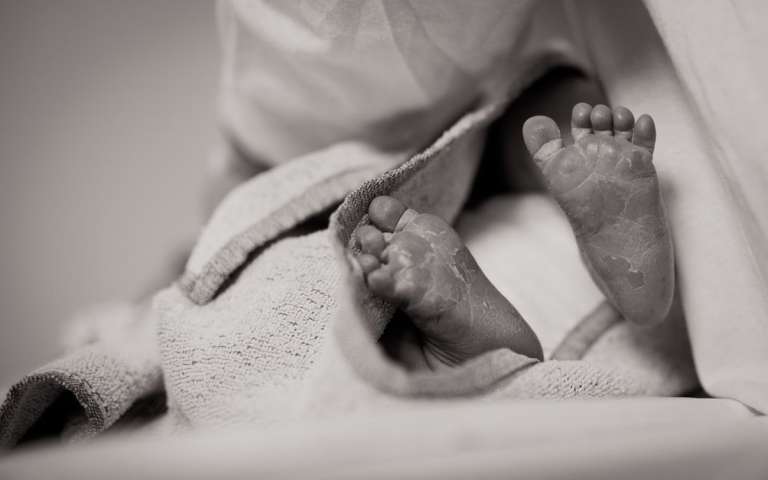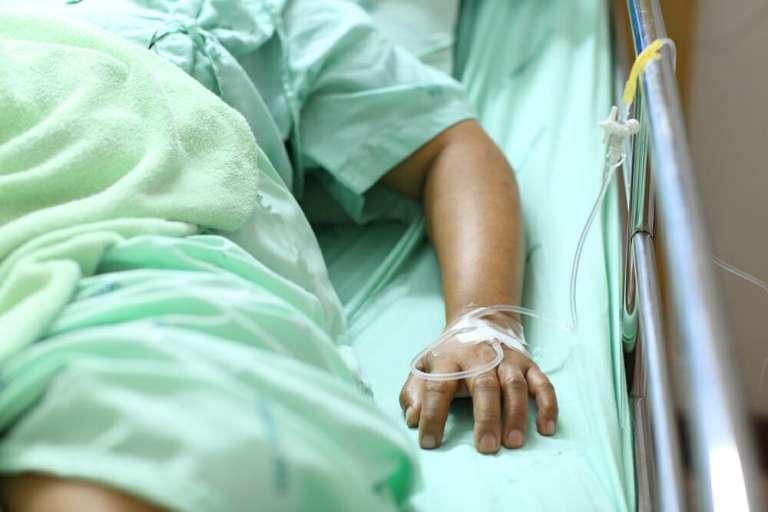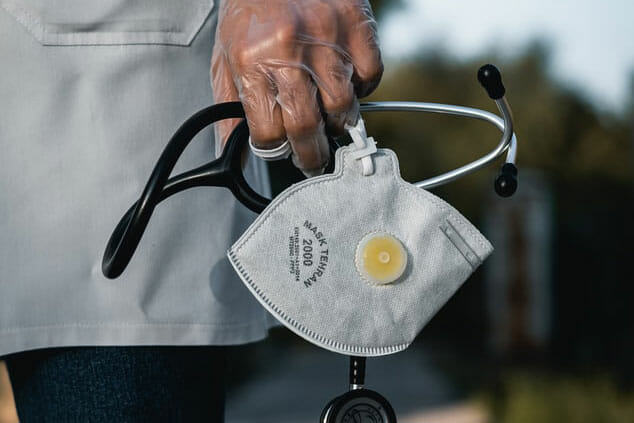Campaigners have raised concerns about patient safety after reports that the NHS spent nearly £10million in the last year on private ambulances and taxis to transport patients.
An investigation by The Press Association found the East of England Ambulance Trust spent £9,535,027 on the private vehicles, compared to £4,791,155 the year before.
The millions were spent on private ambulances for 999 and non-urgent work. Private ambulances were sent to 26,428 incidents in 2018-19 – up from 12,947 the previous year.
The NHS has cited a chronic shortage of qualified staff as behind the rise.
Private ambulances were sent to 5.21 per cent of all 999 incidents in 2018/19, up from 2.59 per cent the year before. In some areas, almost one in five emergency calls result in a private ambulance being sent to the scene.
This news comes despite a warning from the Care Quality Commission (CQC) earlier this year, which published a report warning that patients were being put at risk by private ambulances.
‘Wasteful practice’ CQC said, is due to ‘ongoing issues with poor recruitment, training and safeguarding processes’
It found that some firms were failing to obtain references or carry out criminal records checks while a lack of staff training was leading to serious patient harm.
In a statement, the East of England Ambulance Service NHS Trust said it had hired hundreds of new staff but used private ambulances for overtime and spikes in demand, such as in winter.
A representative said, “It takes three years to qualify as a paramedic and we use private services to fill gaps in budgeted capacity whilst student paramedics complete their university studies and whilst we fill vacancies.
“Recruiting trained staff, particularly registered paramedics, is extremely challenging and whilst we continue to recruit and train a significant number of patient-facing staff, we continue to use private ambulance services so that we can respond to patients as quickly as possible and give them the best possible service.”
Last year a 66-year-old man died after staff from a private ambulance firm responded to his call with a broken defibrillator and later discovered they couldn’t request back-up because the NHS ambulance trust they worked for did not give them radios and they could not reach the dispatcher by phone. His son was forced to give CPR and advised to call the Fire Brigade, however, it was too late. The Trust paid a £6,600 out-of-court settlement after an investigation into the tragedy.
A Department of Health and Social Care spokesperson said: “We are committed to a world-class NHS free at the point of use and the proportion of spend on the independent sector in the last financial year is at the same level as 2014/15.
“With record numbers of paramedics in the ambulance service, we are supporting them to deliver the response patients need in an emergency, including investing more than £36m for trusts to buy 256 new vehicles and introducing improved performance standards.”
Pryers Solicitors are medical negligence experts.

